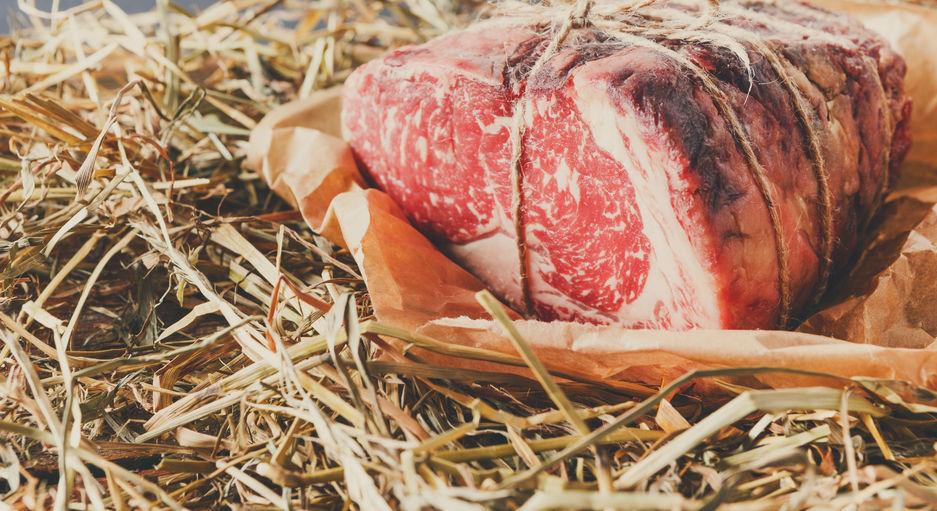
Schoolchildren in Scotland have received over 300 'meat vouchers' as part of an industry initiative helping to combat obesity in the country.
In a bid to improve children's health and educate the next generation of consumers, Quality Meat Scotland (QMS) has delivered 322 ‘meat vouchers’ to schools.
The Meat Voucher Scheme is an initiative to help combat the obesity epidemic sweeping Scotland by helping teach secondary age children how to cook quality nutritious meals.
The home economics departments of secondary schools have received vouchers worth up to £180 which can be exchanged for locally produced Scotch Beef PGI or Specially Selected Pork.
Redeemable at their local Scotch Butchers Club member, the vouchers enable cookery lessons which educate and inspire pupils to cook healthy, balanced meals at home.
Helen Graham from The Mary Russel School in Paisley, a school catering for boys and girls who require additional support, applied for the scheme this year.
She said learning about and cooking with red meat would be a new experience for many of the school's pupils.
"I am confident that it will open their eyes to the joys of cooking and importance of eating a nutritious and varied diet."
From an economic perspective, she added: “Without the financial boost of the voucher, our department, like many others, would struggle to afford quality red meat products to use for learning.
"But now, we can now get the pupils involved and excited about working with this fantastic ingredient.”
The Meat Voucher Scheme is one aspect of the work developed by QMS’s Health and Education Scheme to engage schools and pupils.
QMS Health & Education Manager, Alix Ritchie said the organisation was 'immensely proud' to have delivered the meat voucher scheme for another year.
"We are catering to the demands of the school curriculum and getting the next generation thinking about what they are putting into their bodies, something which we believe is a true take home lesson.”
